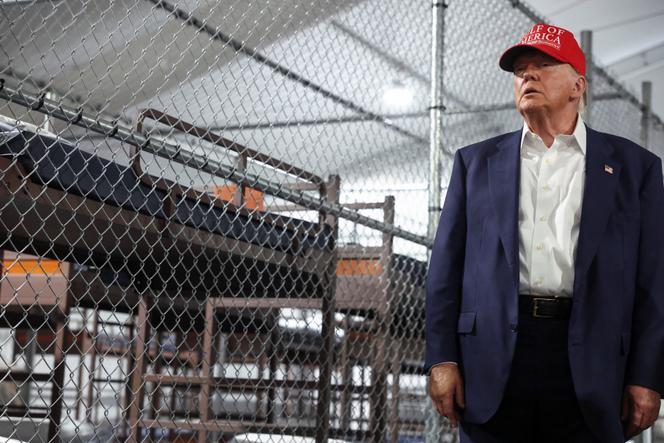


His uncontested reelection and the constitutional impossibility of running again in 2028 could have led Donald Trump to finally position himself as a unifier, if only for the sake of his legacy. Since returning to the White House, however, the president of the United States has instead chosen to further escalate aggression, threats, and intimidation. Welcoming religious and business leaders to the White House on July 14, the president attacked his Democratic opponents, claiming they were "evil." On July 1, he echoed the xenophobic rhetoric accompanying the rise of progressive candidate Zohran Mamdani, who is born in Uganda, in the New York City mayoral race, even considering a review of Mamdani's naturalization process.
He also brandished that threat against his former ally, Elon Musk, who was likewise born outside the US, after their dramatic falling out in June. The same month, the Department of Justice issued a memo making denaturalization a priority, though it is only applicable to those who "illegally procured" their citizenship or "concealment of a material fact or by willful misrepresentation." On July 12, the president did not rule out revoking the citizenship of one of his fiercest critics, comedian Rosie O'Donnell, who was born in the US, even though such a move would exceed his constitutional authority.
You have 81.51% of this article left to read. The rest is for subscribers only.
